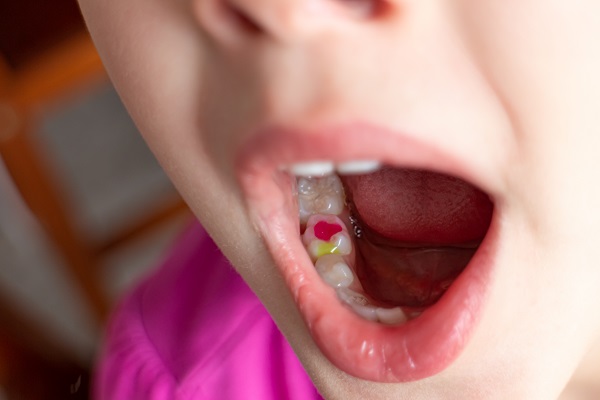Get a Mouthguard from Your General Dentistry Practice to Prevent Tooth Wear

Tooth wear can be very difficult to prevent. However, with the help of general dentistry, patients can undergo certain treatments or therapies to help reduce the chances that severe wear occurs. A great type of preventive therapy for tooth wear is a mouthguard. Mouthguards are known to be protective and preventive, which goes a long way for patients who have sensitive or weak teeth.
General dentistry practices can administer mouthguards to patients of all ages, children included. Wearing them starting at a young age can prevent serious dental health problems from occurring later on down the line. Ready to learn more?
General dentistry solutions to prevent tooth wear
The following information outlines how a mouthguard can be used to prevent tooth wear. Keep reading to find out more.
What are mouthguards?
Mouthguards in general dentistry are protective oral appliances that cover the teeth and gums. They are custom-created in a dental lab to ensure a perfect fit for each patient. Mouthguards tend to be made of materials that bend and move. They offer patients a flexible fit to ensure comfort and safety while the patient is sleeping or playing sports.
How do mouthguards prevent tooth wear?
General dentists administer mouthguards to patients who are at especially high risk of grinding their teeth. Bruxism, the other term used to describe teeth grinding, can do significant damage to the tooth’s enamel. Over time, grinding can cause a weakened enamel, which can lead to cracking, chipping and even sensitivity.
When mouthguards are worn on a regular basis, they can prevent the teeth from rubbing up against one another. The friction of one tooth hitting another is what causes significant wear. If the mouthguard is worn, the teeth will not rub up against each other, but rather the materials of the nightguard, which are safe and soft.
A general dentist will take impressions and digital images of the entire mouth to ensure that an appropriate mouthguard is created. If the patient’s teeth are extremely susceptible to grinding then the mouthguard may have to be thicker. If there is less of a risk, a thinner less bulky mouthguard may be recommended.
Recommendations from a general dentistry office
General dentists recommend patients wear their mouthguards during exercise, sporting events or under high-stress situations. In some instances, the patient may be required to have a separate guard for the night time. Nightguards are designed for sleeping purposes and have some slight differences from a traditional mouthguard.
It is recommended that patients clean their mouthguards each day to ensure that bacteria do not build up. A dental cleaning solution can be used to soak the mouthguard in for a couple of hours. Additionally, it is important to be extra gentle and careful with the oral appliance. Because they help prevent tooth wear, it is important to maintain them so that they last for as long as possible.
Ready to protect your teeth with a custom mouthguard?
Any questions or concerns about mouthguards should be addressed by a general dentistry office. Reach out to our office today to get started with a mouthguard.
Request an appointment here: https://vsndental.com or call VSN Dental PC at (732) 795-6073 for an appointment in our Manalapan office.
Check out what others are saying about our services on Yelp: Read our Yelp reviews.
Recent Posts
A deep dental cleaning is a great way to improve your periodontal health, particularly for patients who have periodontitis (an advanced form of gum disease). The following is a review of when a deep dental cleaning (also called a scaling and root planing) might be recommended. The most notable signs that indicate a need for deep…
tooth fillings offer a simple approach with little to no pain. This dental restoration treatment has long been the standard for restoring and rebuilding teeth damaged by cavities, injury, or minor imperfections such as chips or cracks. When considering different dental restoration options, it is a good idea to get familiar with how each procedure…
Your smile is often one of the first things that other people notice about you. A smile makeover offers an effective way for you to transform it into the one you can proudly show off. This treatment process provides multiple benefits, from correcting minor cosmetic issues to a complete overhaul. Here are five reasons to…
A general dentist is someone who helps individuals maintain a healthy oral cavity, and that includes performing root canal therapy as needed. Root canals are a procedure that often strikes anxiety in individuals because it was once said to be painful; however, that is actually far from true! Modern-day dentistry has allowed for quite the…


